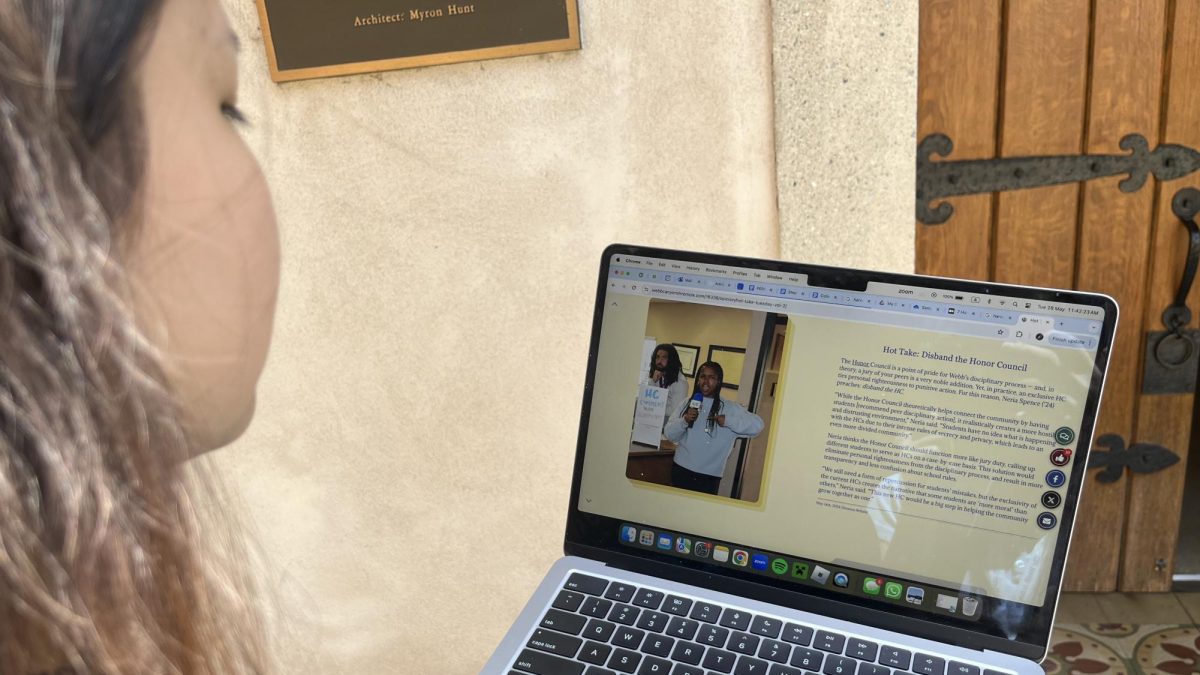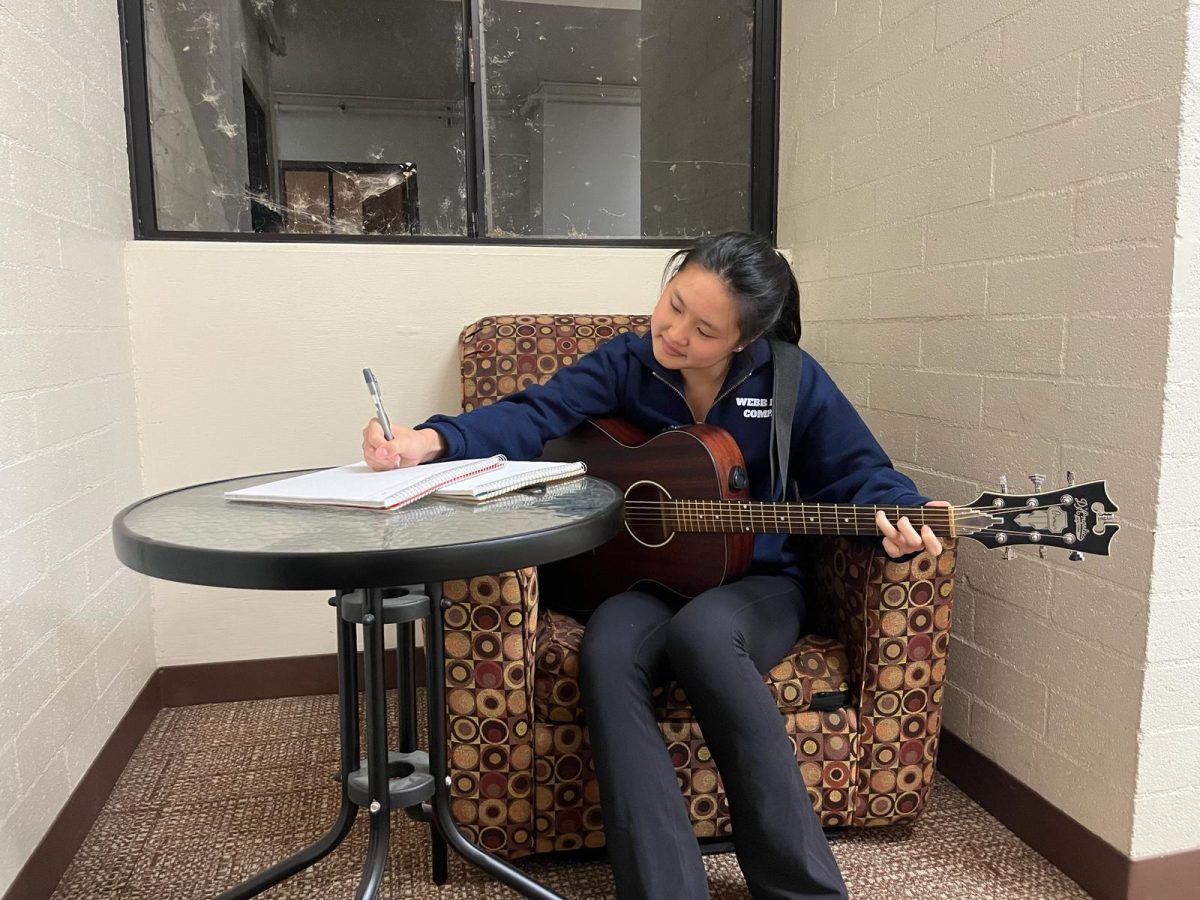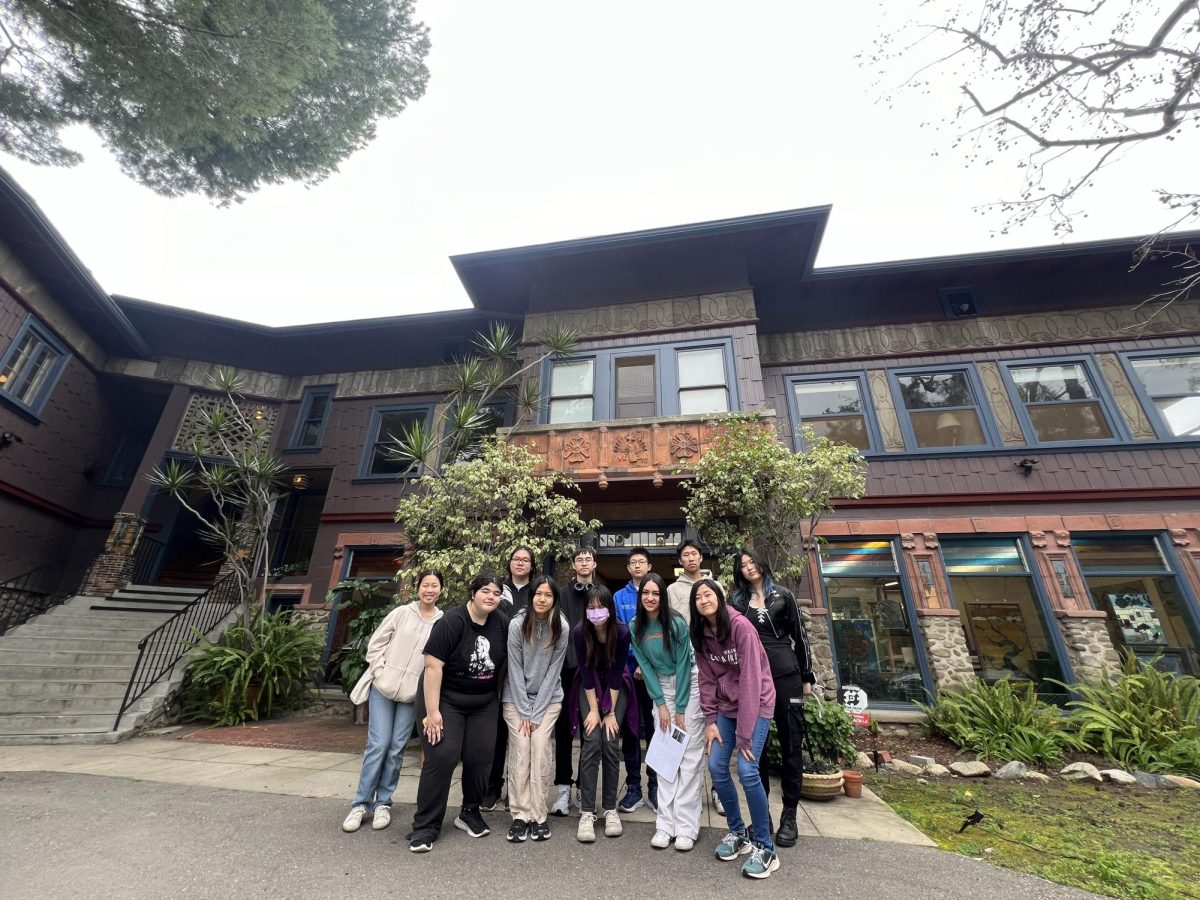First, you make claims such as “I’m not in the mood” or “I can do it later.” You ultimately conclude that you “just don’t feel like doing work.” You decide that there’s still ample time to complete assignments, so you opt for relaxation.
Then, you push and push the boundaries of time, creating a mental block around your work. Next, you calculate the dwindling amount of time you have left and convince yourself that even with scrolling on TikTok for an hour, gossiping with your roommate for another, and watching a handful of Grey’s Anatomy episodes, you still have enough time to complete work. Following this, you stay awake until the most atrocious hours of the night, dragging yourself across the finish line.
Finally, you wake up with dark circles under your eyes, tired and groggy; the familiar cycle starts all over again.
Procrastination is a universal yet vicious cycle all students face. Distractions are everywhere: what starts out as a brief conversation with a friend could end up lasting hours, and a simple tap on our phone unlocks the vast world of social media.
We often respond to the frenetic pace of our lives with avoidance.
“All humans procrastinate,” said Michael Hoe, Assistant Head of Schools. “Sustained focus takes a lot of energy. It takes a lot of brain power to do something highly focused without any distractions for a concentrated period of time.”.
Some may blame laziness for procrastination, but the truth is more nuanced. Beneath the layer of avoiding work lies perfectionism, fear of failure, lack of energy, and feeling overwhelmed. However, as procrastinating brings us short-term gratification, it ultimately hinders our ability to submit our best work.
How do we gather ourselves to overcome reluctance and confront what we must do?
If you’re feeling overwhelmed, break down your tasks into manageable chunks, and create a schedule to map out when you want to study. A detailed schedule on how you want to do your work lets your brain know that it is indeed possible to get everything done in time and can put you at ease.
If perfectionism or a fear of failure is channeling your avoidance, focus on just getting started. Time yourself when you do work and remind yourself that whatever you create in that window of time can be edited later. What’s important is that you put pen to paper.
If you’re feeling a lack of motivation or energy, remind yourself that this is normal. Take a 26 minute NASA power nap to recharge your body or eat a healthy snack to get yourself back on track and fill yourself with positive sentiments and encouragement to keep yourself going.
If you want to concentrate, make sure that you are eliminating distractions around you.
“I will put my phone on airplane mode and put it off to the side of the room,” Mr. Hoe said “I will close out of all my messages in email on my computer, and then I’ll set a timer for 20 to 30 minutes because that’s really the sweet spot for humans to be able to really focus on one single thing.”
With these tips, you can ensure you can put in your best work and manage your time better.









